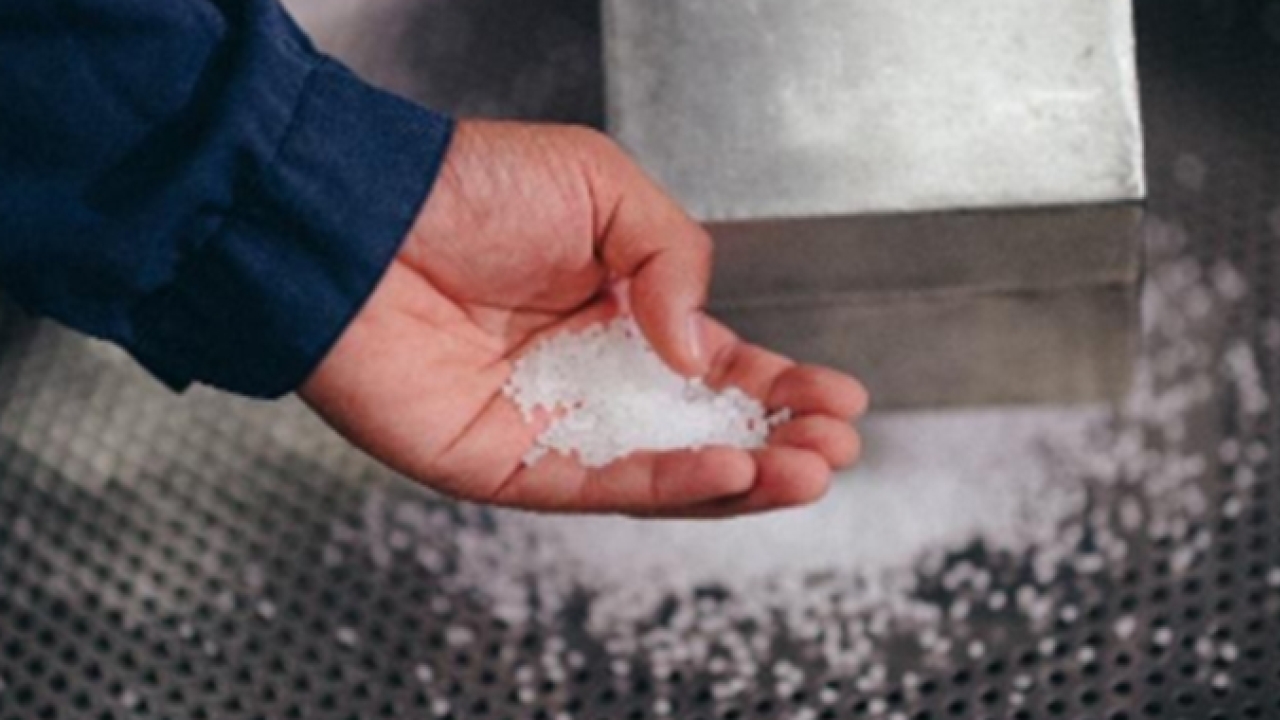Borealis produces certified renewable PP
Borealis has started to produce polypropylene (PP) based on Neste-produced renewable feedstock in its production facilities in Kallo and Beringen, Belgium. This marks the first time that the company has replaced fossil fuel-based feedstock in its large-scale commercial production of PP.

Taking its commitment to the circular economy, Borealis furthers its EverMinds ambitions by driving sustainable production in close collaboration with upstream and downstream value chain partners such as Neste and Henkel. It also aligns with the Borealis’ aim to ensure that entire line of its consumer products is recyclable, reusable, or produced from renewable sources by 2025.
After producing renewable propane using its proprietary Nexbtl technology, Neste sells the renewable propane to the Borealis propane dehydrogenation plant in Kallo. Here it is converted to renewable propylene, then subsequently to renewable PP at the company’s Kallo and Beringen plants.
The recently finalized audits carried out by an independent third party have resulted in an ISCC Plus certification for the renewable PP produced at both locations. This certification encompasses the entire value chain scope and verifies that the renewable feedstock used is certified as being entirely renewable and sustainably produced, including traceability to point of origin.
Downstream partners from a variety of industries such as consumer packaging, automotive, healthcare, and appliance industries can now commercialize their end-use products with a lower carbon footprint based on renewable propylene and PP produced at Borealis’ Belgian plants.
Henkel has already made the use of sustainable materials a key pillar in its packaging strategy. The company is committed to work with its value chain partners to drive sustainable packaging solutions.
‘Producing renewable PP based on renewable feedstock for the first time in history is another concrete step towards a more sustainable carbon future,’ said Lucrèce Foufopoulos, executive vice president of the Polyolefins, Innovation and Circular Economy Solutions department of Borealis. ‘Working closely with partners like Neste and Henkel, who share our EverMinds mind-set, is key to shaping a better tomorrow. Thinking circular means capitalizing on growth opportunities that accelerate the transformation to a circular economy.’
‘It is great to see, for the first time in history, a propane dehydrogenation facility using renewable propane to replace fossil feedstock, enabling Borealis to produce mass balance certified renewable polypropylene for sustainability-focused brands like Henkel,’ added Mercedes Alonso, executive vice president of Renewable Polymers and Chemicals arm of Neste. ‘This is an exceptional example of collaboration across the value chain making a positive sustainability impact in the polymers sector.’
Stay up to date
Subscribe to the free Label News newsletter and receive the latest content every week. We'll never share your email address.

